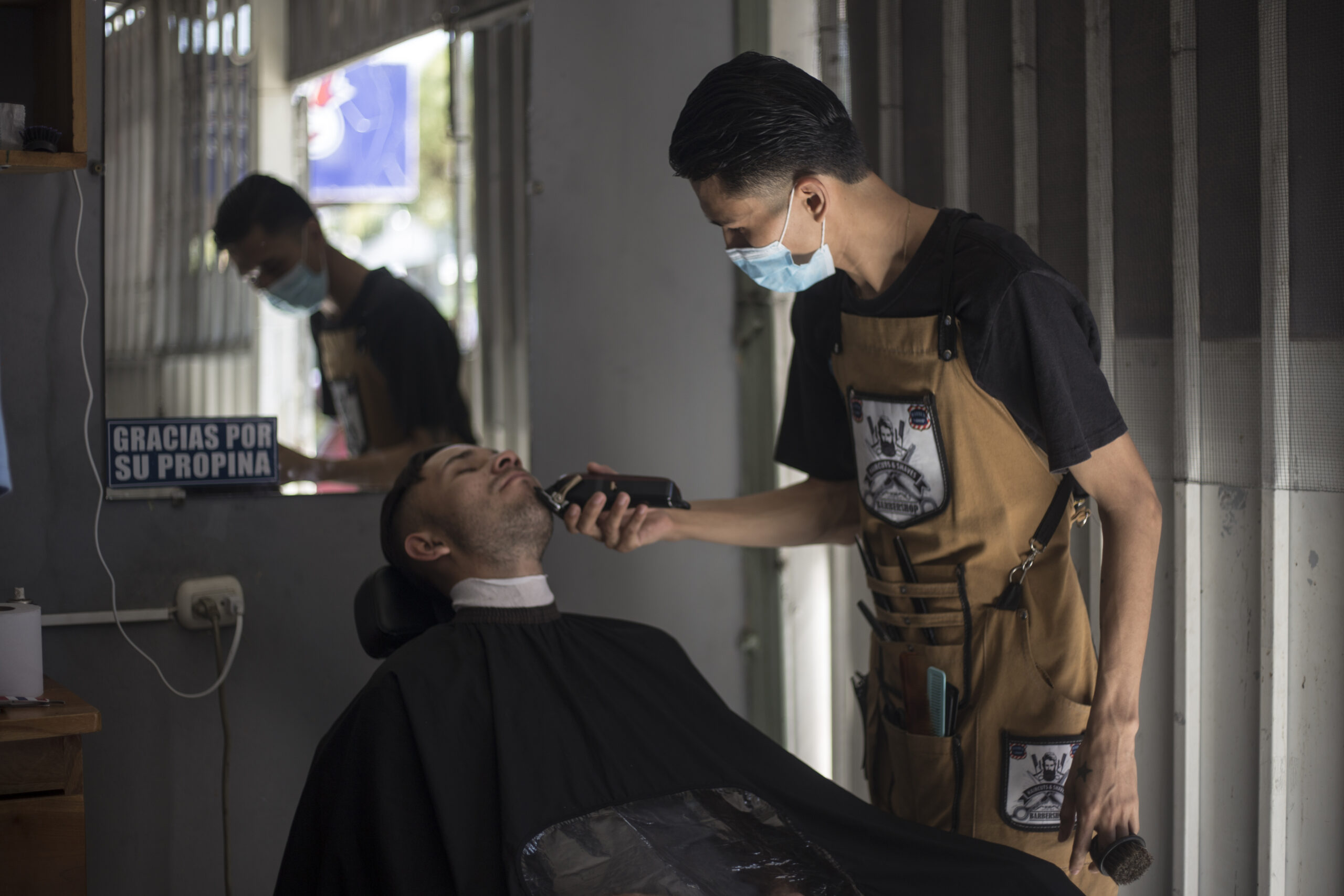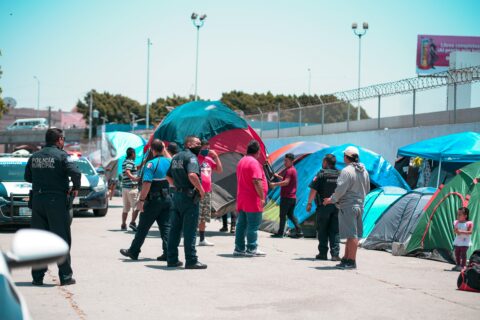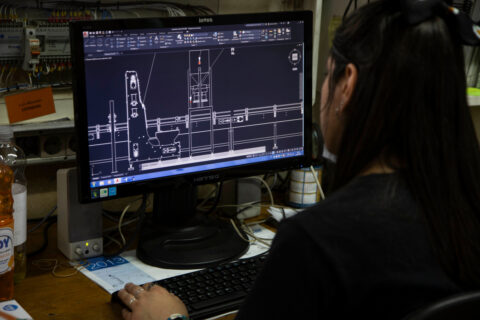Reducing inequalities through training for work

Mexico shares its program for vulnerable young adults’ labor inclusion with El Salvador.
Youth unemployment is one of the most pressing problems worldwide and it has increased as a consequence of the socio-economic impact of the COVID-19 pandemic. In Latin-America and the Caribbean, the average unemployment rate for young people between 15 and 24 years reached 23.8% in the first quarter of 2021, the highest level since this average began to be registered in 2006 (Latin-American and Caribbean Economic System, SELA by its Spanish acronym, 2021). The lack of job opportunities for young people not only affects the economy as a whole, but also increases inequality and is detrimental to citizens’ human development.
In Mexico, for example, the population between 18 and 29 years that has the possibility to study or work but is not currently doing so, is above 2 million (Secretary of Labor and Social Welfare of Mexico, 2022). In the face of this huge challenge, the program Youth Building the Future (Jóvenes construyendo el futuro) focuses on training for work and effective inclusion in the labor market. In 2019, the Program benefitted 1,120,543 young adults and, by 2020, it supported 444,585 new applicants, adding up to 1,565,128 at the end of that year (Secretary fo Labor and Social Welfare of Mexico, 2021). Furthermore, during training and for up to one year, participants receive a monthly allowance of 5,258.13 Mexican pesos and medical insurance to cover illness, maternity and occupational risks.
Due to its success, this initiative was replicated in other countries in the region, such as El Salvador, which faces similar challenges. Indeed, Mexico shared the Program with this Central-American partner through the Mexican Agency for International Cooperation for Development (AMEXCID by its Spanish acronym) and it had an impact on young people in communities of prioritized municipalities with high rates of migration flows, poverty, reduced employment opportunities and risk of violence. Efforts were made to strengthen their participation in community development, on-the-job training and in the reconstruction of the social fabric, through the promotion of endogenous leaderships and the generation of instruments for a better quality of life and to strengthen their connection with their territorial environment and their inclusion in productive activities (Agency for International Cooperation of El Salvador, ESCO by its Spanish acronym, 2019).
This Bilateral South-South Cooperation initiative, which started in 2019, was supported and coordinated by several national institutions in both countries such as the Ministries of Foreign Affairs, Government and Territorial Development, Labor and Social Welfare, International Cooperation Agencies and the Integrated Public Health System, among others.
The program was recently launched in San Salvador, in February 2022, in close coordination with the Mayor’s Office, providing scholarships to 200 at-risk young adults from six different districts. The investment was of 280,000 USD and will last 8 months, after which participants will receive a certification for their skills, which will enable them to enhance their labor competencies and productive processes (La Huella Newspaper, 2022).
The following video, posted on the Program’s website, features some of the experiences in Mexico:
June 2022
***
Source: SEGIB based on La Huella Newspaper (2022), Youth Building the Future (Jóvenes construyendo el futuro (2022), SELA (2021), Secretary of Labor and Social Welfare of Mexico (2022) (2021) and ESCO (2019).
Photograph: Barber in the community of Villa Monaco, in Ciudad Versalles, an urbanization in the municipality of San Juan Opico, department of La Libertad, El Salvador. Bilateral SSC project between Mexico and El Salvador “Youth Building the Future”. Image Bank on South-South and Triangular Cooperation in Ibero-America. SEGIB-PIFCSS. 2021.

